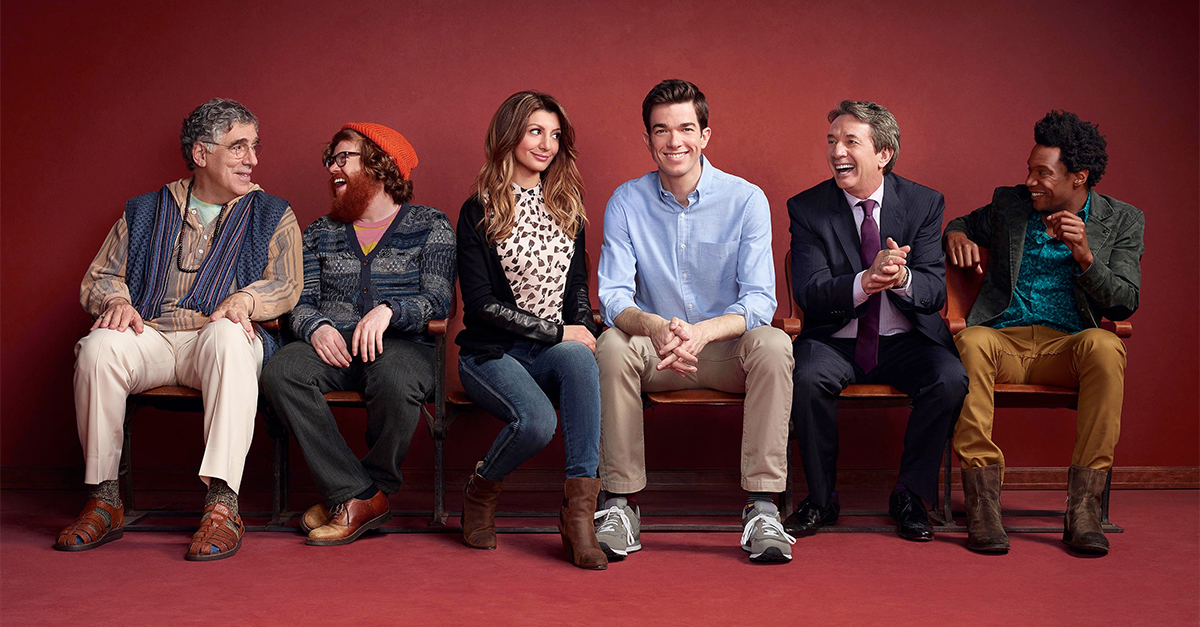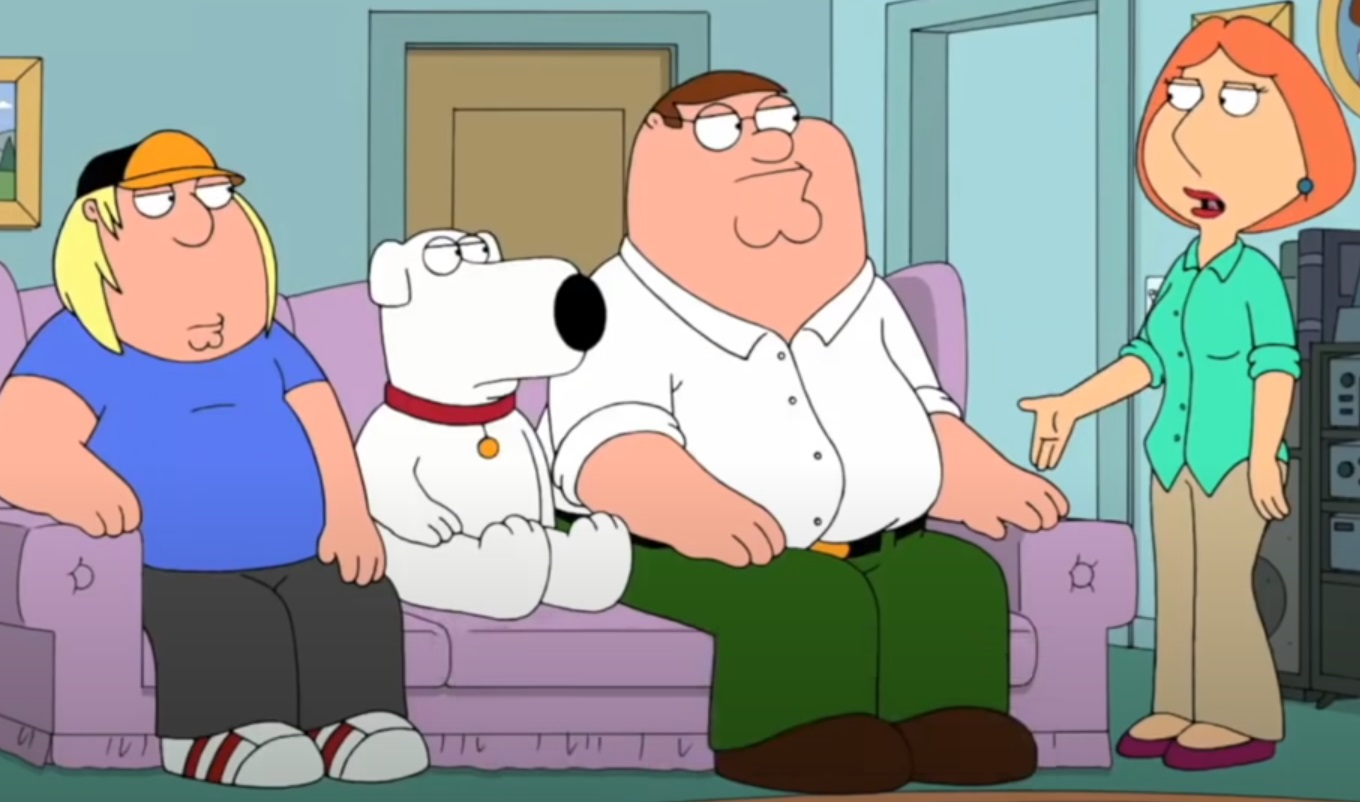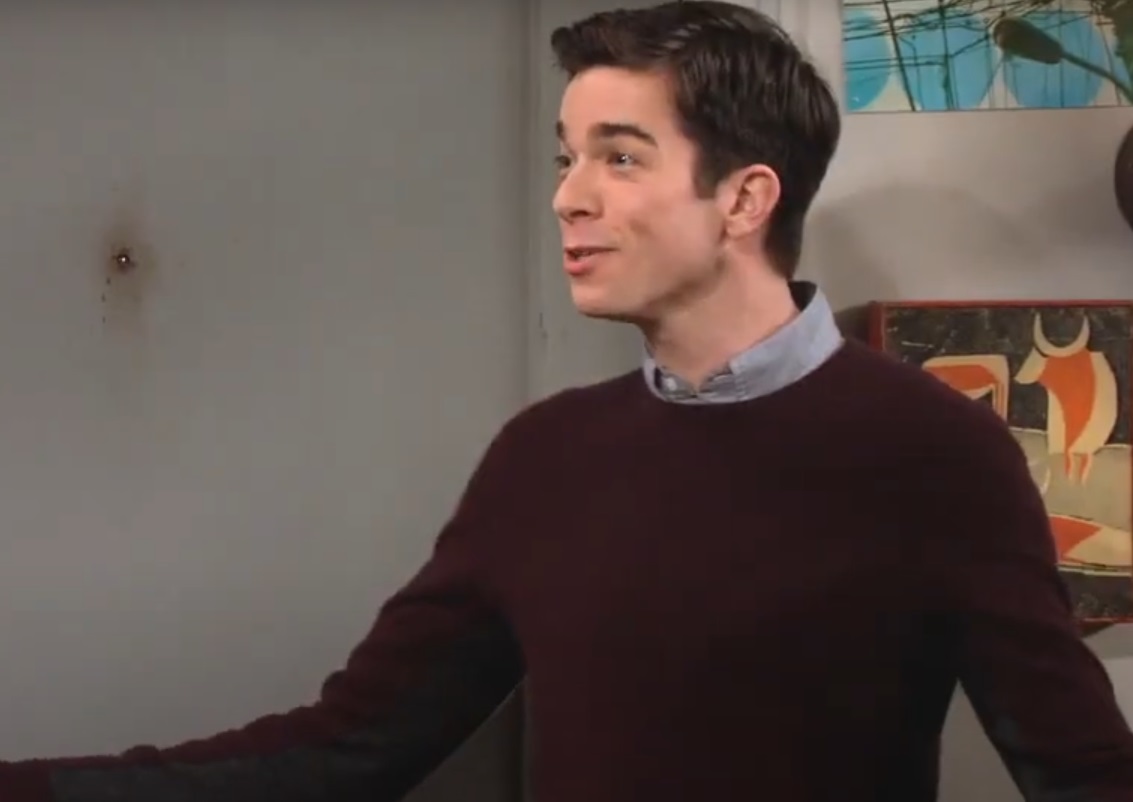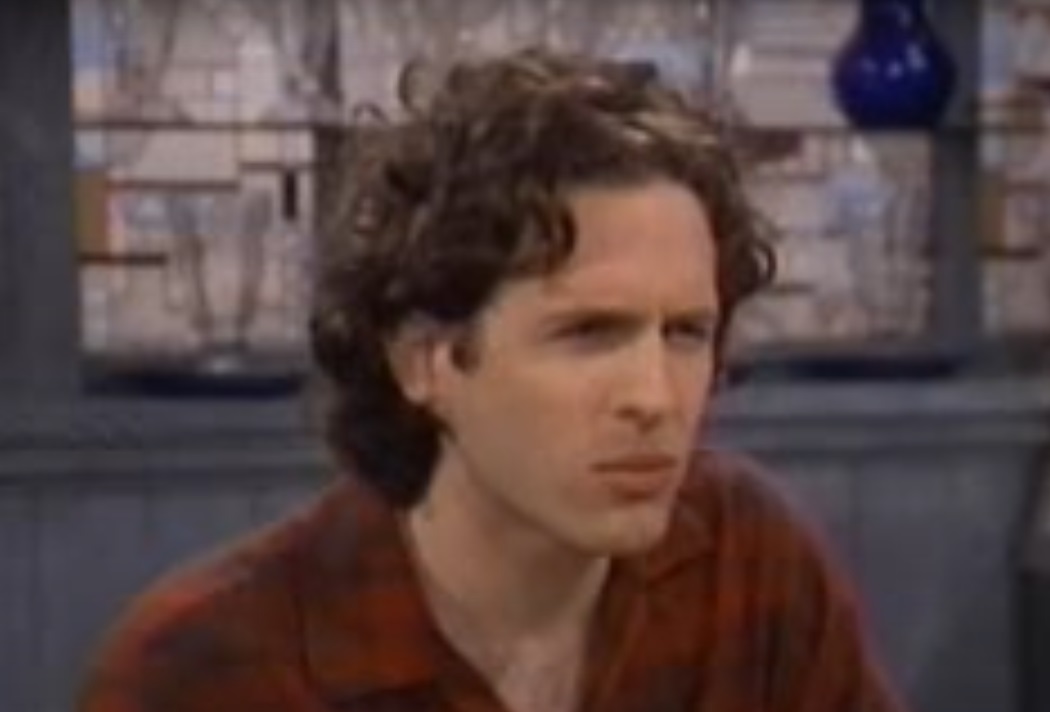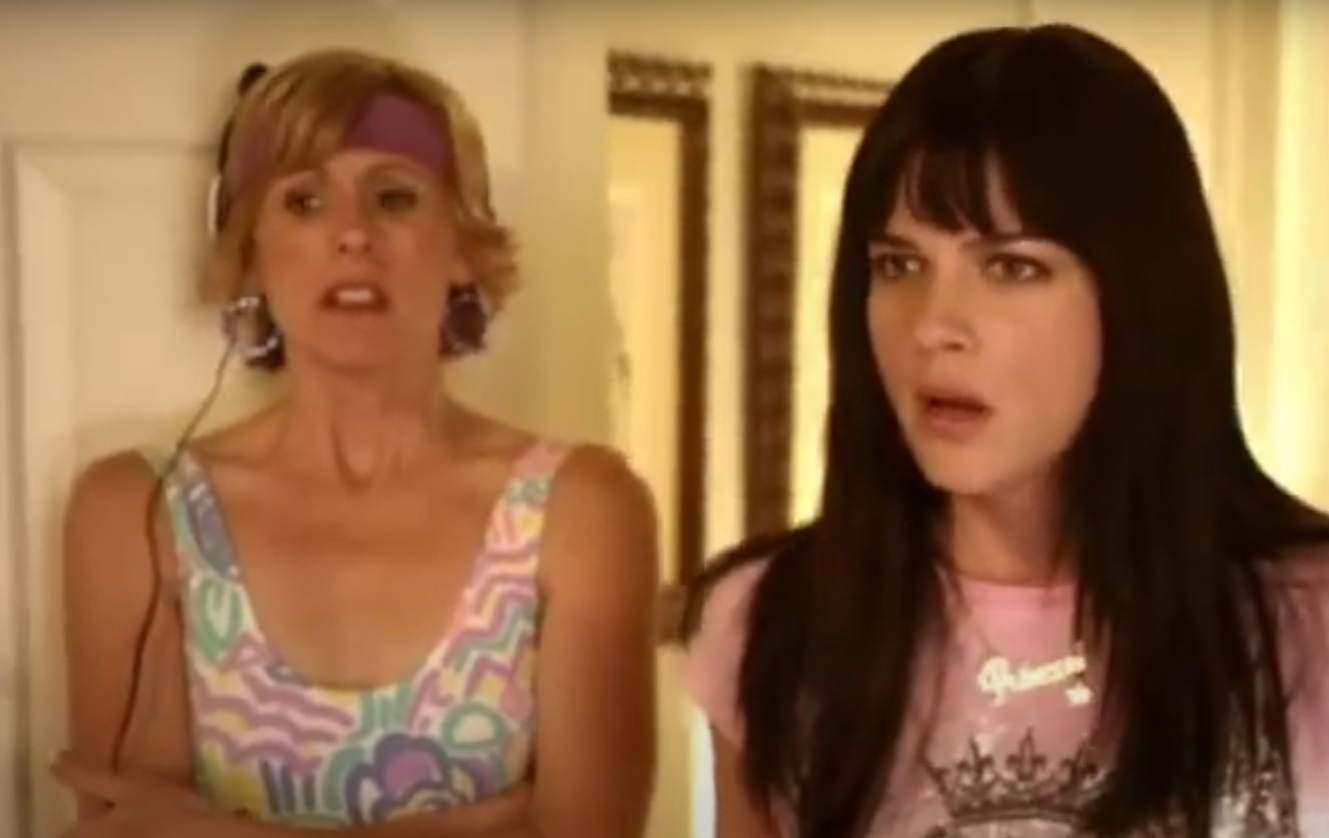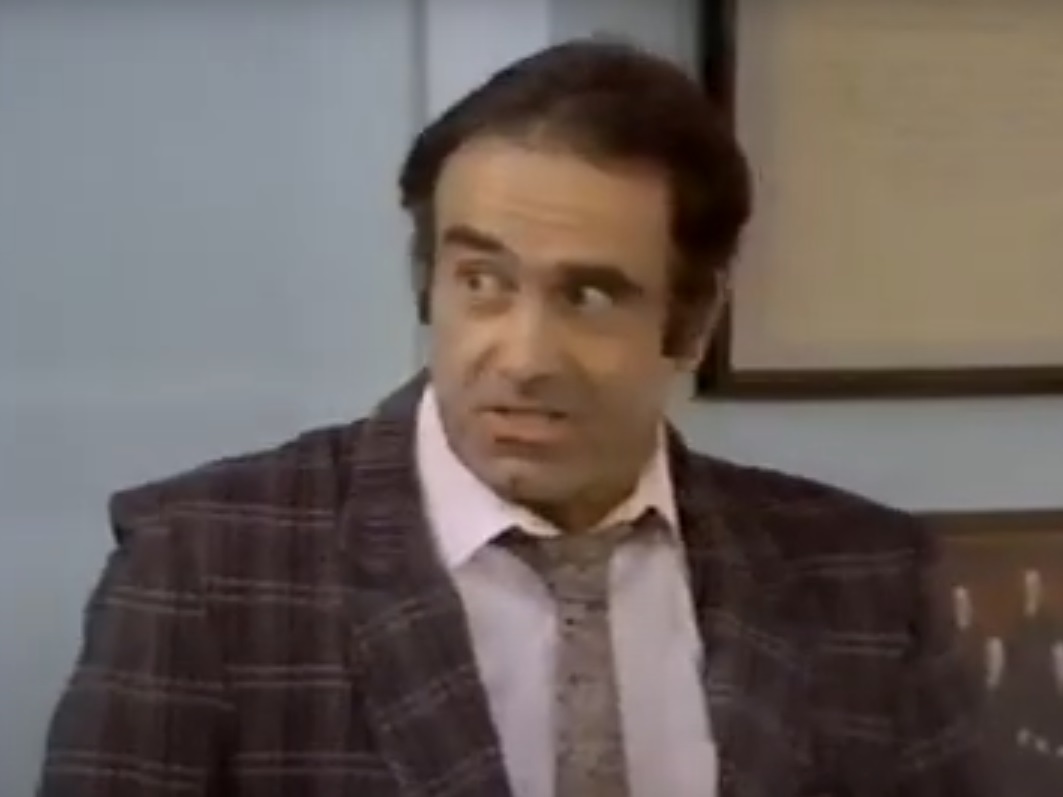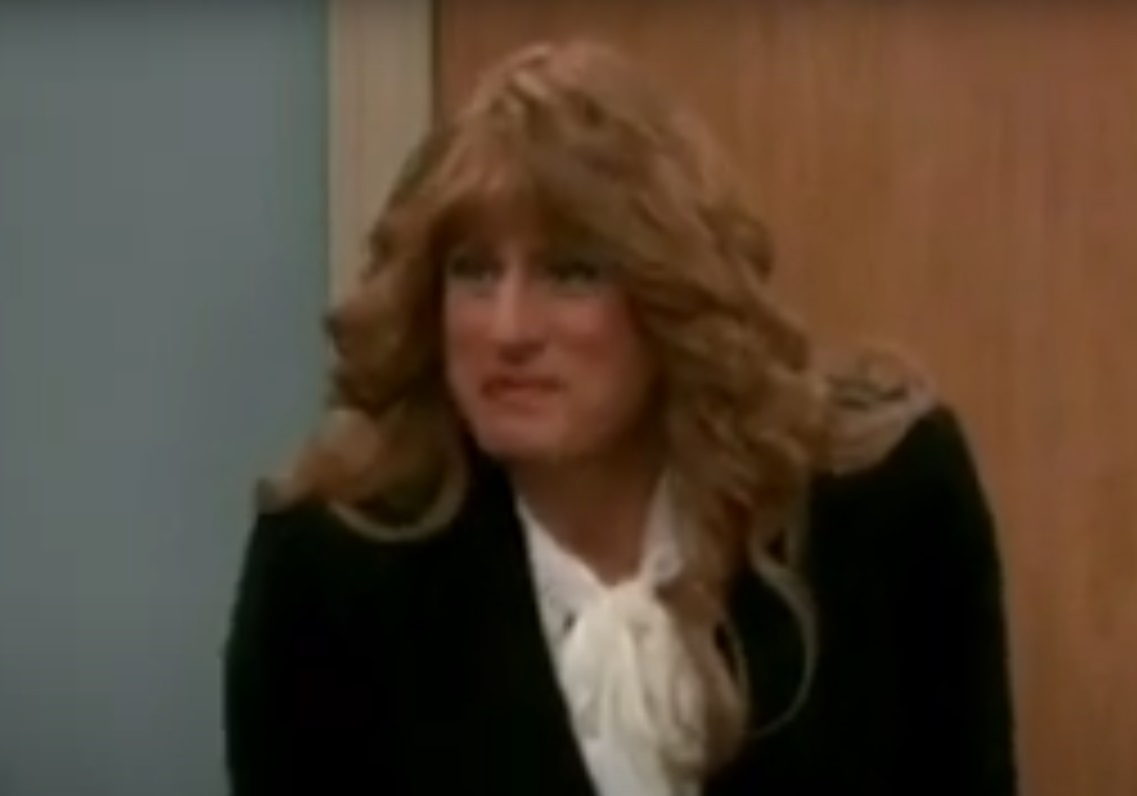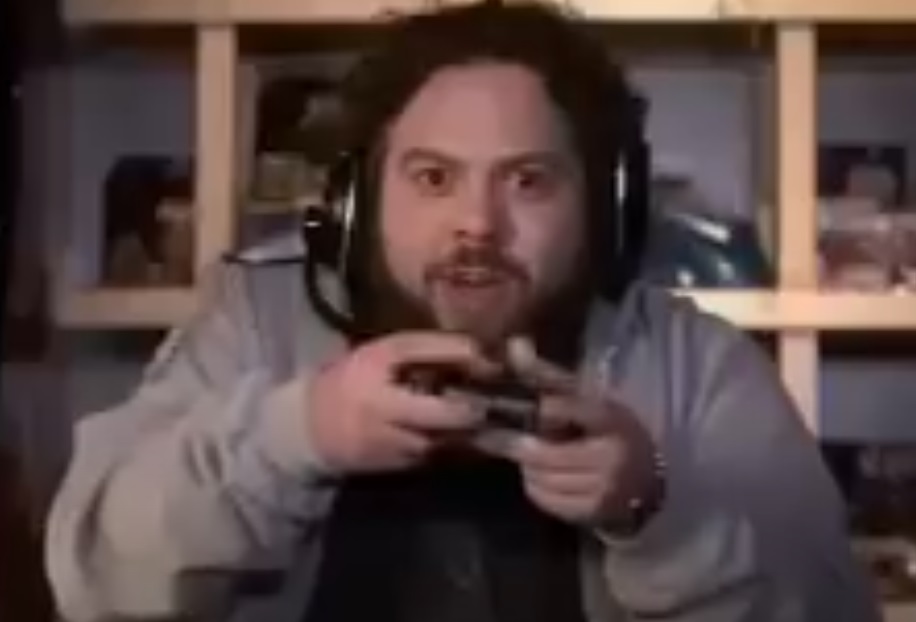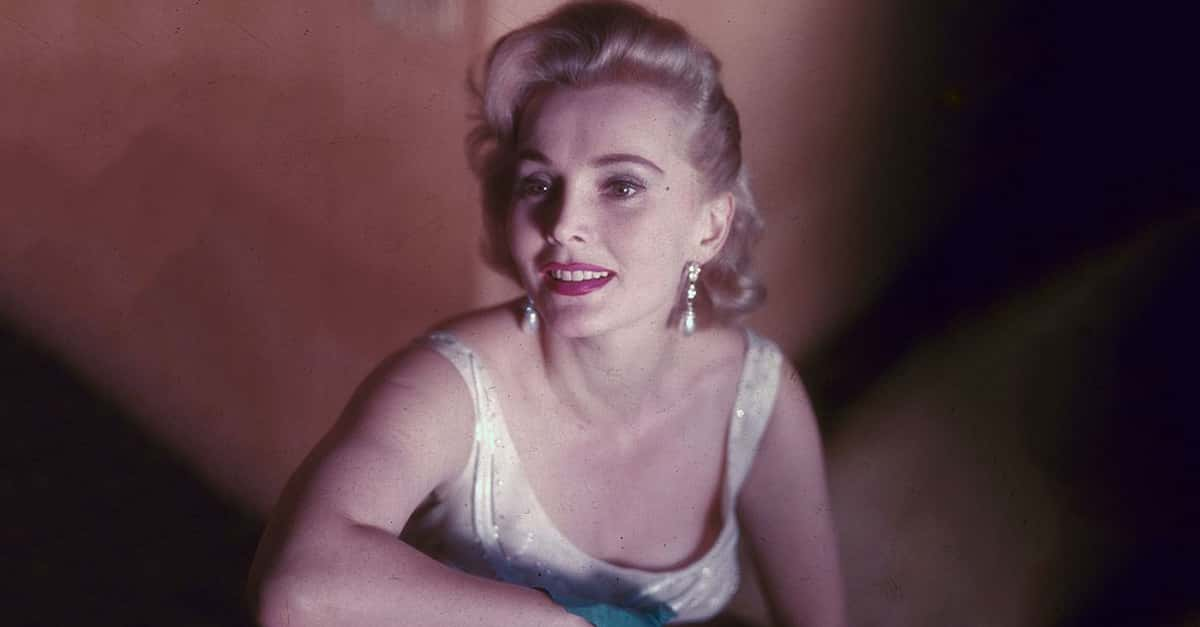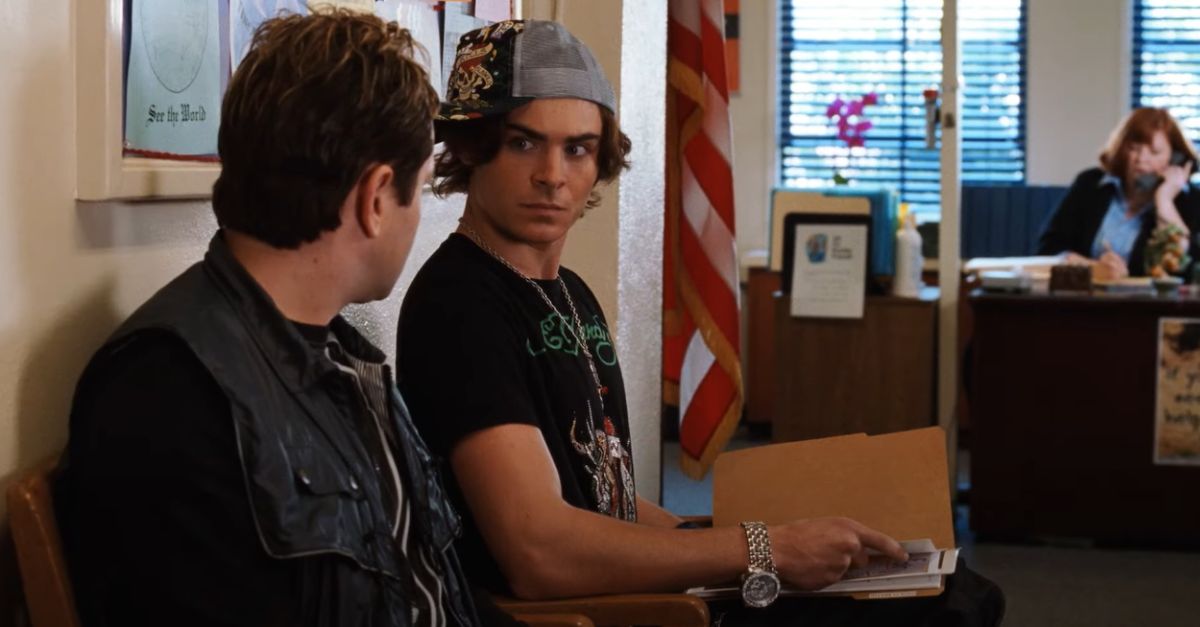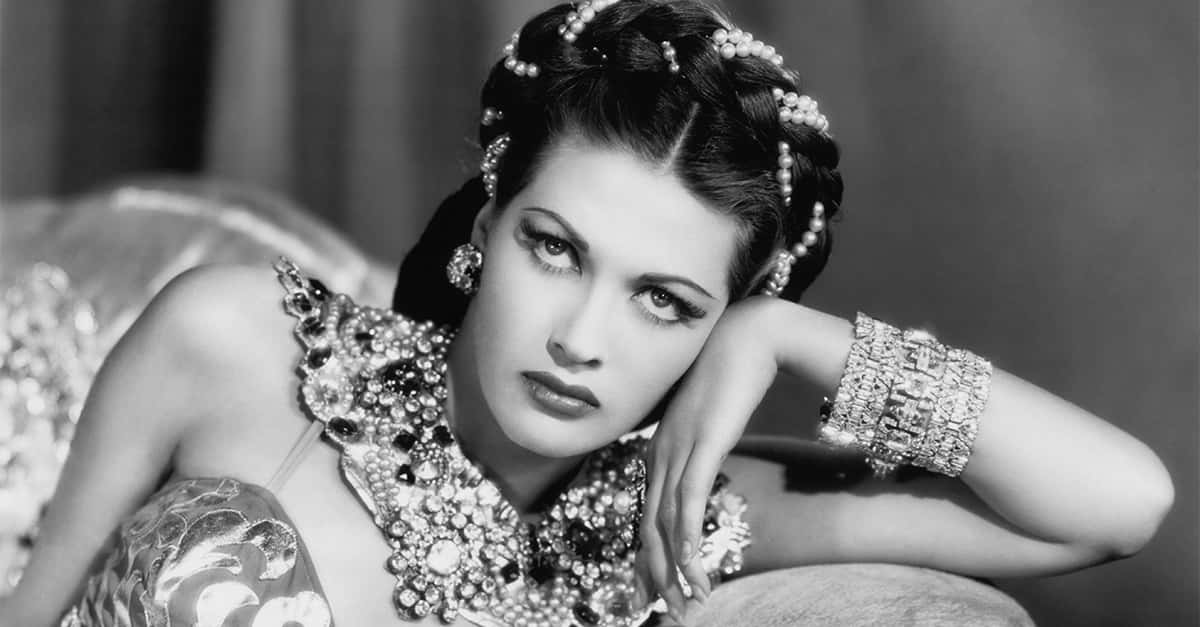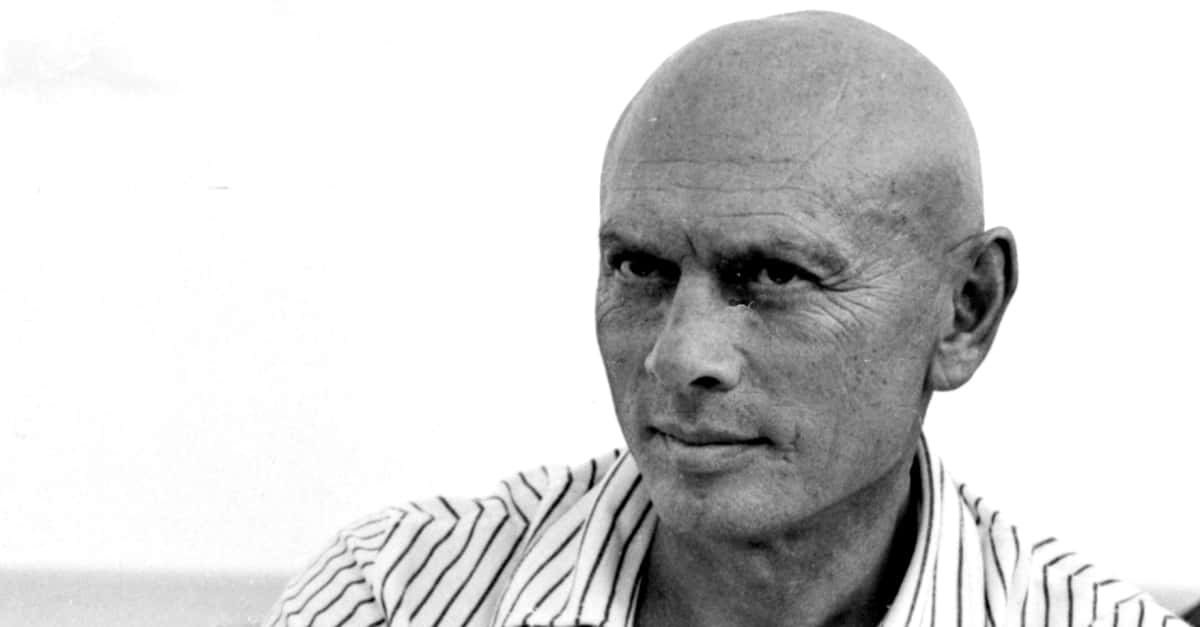Cue The Laugh Track
When a sitcom’s a hit, it can run for hundreds of episodes and be a huge money-maker for the network. But in order to find that hit, you gotta throw a lot of things against the wall.
Even if a sitcom does manage to catch on, it can draw a whole lot of haters—as evidenced by some of the entries on this list.
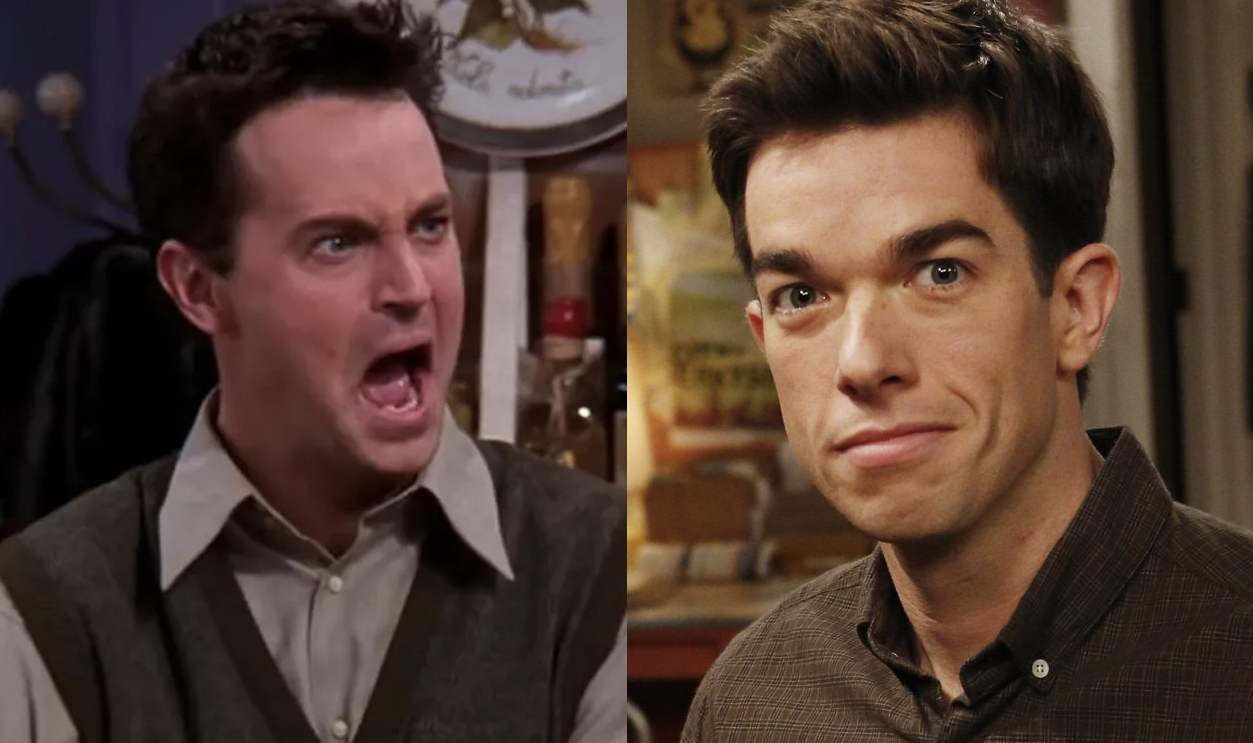
Family Guy
Who else remembers when Family Guy—the well-written, clever, and biting cartoon sitcom—was canceled after three seasons? Fans flocked to DVDs and late-night reruns on Adult Swim, which proved its worth to Fox, who brought it back in 2004. It was the first revival of a canceled show based on DVD sales. Well, we all should’ve been careful what we wished for.
In the 19 seasons since, former fans—and current haters—have complained about unfunny jokes and formulaic storylines.
Mulaney
Back around the cusp of the 2000s and 2010s, John Mulaney had everything going for him. He was a staff writer on Saturday Night Live—but it was his two stand-up specials for Comedy Central, The Top Part and New In Town, which really drew the attention of comedy fans. Given the quality of those specials and his love for classic TV sitcoms, the anticipation around his own scripted show, Mulaney, was high—to say nothing of the all-star cast. And then it aired.
Instead of showcasing new jokes, the first episode felt like a rehash of material from New In Town. And the episodes that followed didn’t exactly land, either. Ultimately, it was canceled after one season.
The Big Bang Theory
How does a show that ran for 12 seasons with millions of viewers end up on this list? Well, in the case of The Big Bang Theory, the vocal haters seemed to outnumber the actual fans—even if all the “Bazinga!” merch hoped to prove otherwise.
A possible cause? The show wasn’t actually that bad in early seasons, but the jokes quickly got driven into the ground, and the archetypes became stale real fast.
 CBS, The Big Bang Theory (2007-2019)
CBS, The Big Bang Theory (2007-2019)
That 80s Show
That 70s Show was a runaway hit—the kind that made TV execs wonder, “How can I profit off this instead of coming up with something new?” And thus, That 80s Show was born.
Though it included some very funny people—we’re looking at you, future It’s Always Sunny stars Glenn Howerton and Brittany Daniel—it just wasn’t as funny or charming as its predecessor, and it was canceled after one season.
2 Broke Girls
In the wake of hits like Arrested Development and The Office, which exemplified absurdist humor and cringe comedy, respectively, people didn’t really know what to do when 2 Broke Girls came out. It hewed closer to a classic sitcom format, which for some, was a breath of fresh air—but in other ways, it hewed a little too close to some old-fashioned ideas.
Namely, it was criticized for the prevalence of racial stereotypes and sleazy double entendres it used instead of actual jokes.
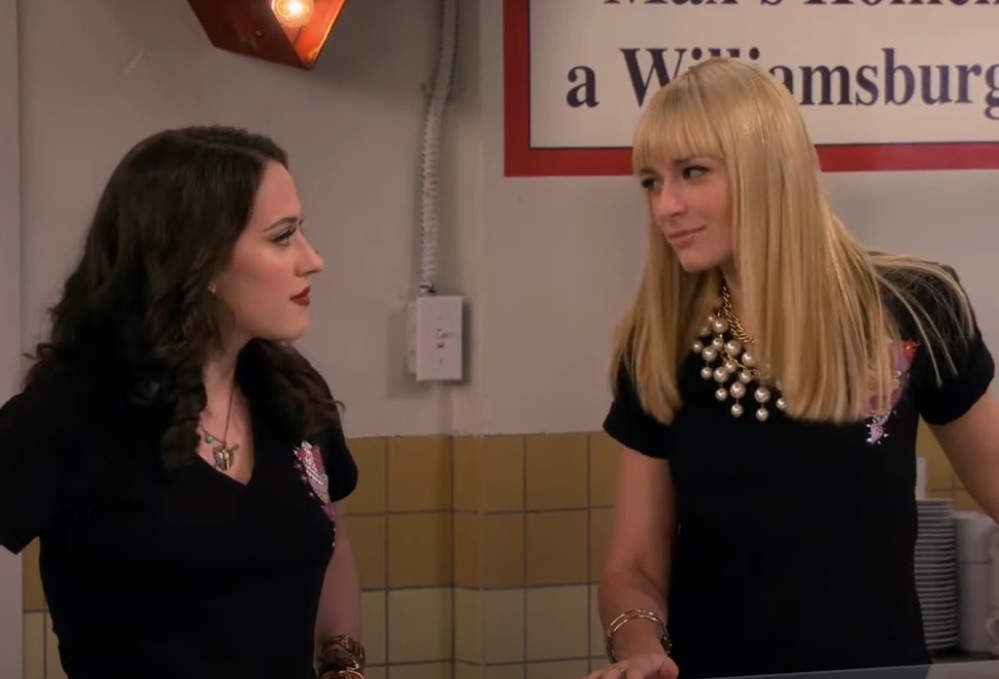 CBS, 2 Broke Girls (2011-2017)
CBS, 2 Broke Girls (2011-2017)
Kath & Kim
Networks have made it a habit to adapt shows popular outside the US for a US audience—and for every success, there’s probably five failures. Kath & Kim is a prime example of this phenomenon. In the wake of the success of the US The Office, NBC decided to adapt the beloved Australian show of the same name.
They banked on the casting of Molly Shannon and Selma Blair in the title roles, but the show crashed and burned. Despite the talent involved, fans of the OG criticized the casting and the change in tone.
Friends
Yes, it’s one of the most successful, iconic, and long-running sitcoms of all time. And in the 1990s, it was inescapable—which was part of the problem. When it was on, Friends launched what felt like thousands of imitators (most of which failed). And once it was done, no one wanted to watch a show with the same format, essentially changing the face of sitcoms forever.
It was basically chic in those last few seasons and following the finale to hate on Friends—but as the years go on, the cynicism surrounding that era has started to finally fade.
Cavemen
Unfortunately for those poor souls involved who just wanted to make a paycheck, Cavemen was doomed from the start. No one had any interest in watching a sitcom based off of a series of insurance commercials, and whoever it was at ABC that thought otherwise that should probably have examined for signs of psychopathy.
It did provide an early role for Big Mouth-star Nick Kroll, at least!
The Office
When it first came on the air, the US version of The Office felt fresh, ground-breaking, and above all, hilarious. Then we got the DVDs, and Netflix got the streaming rights, and the memes populated the internet, and of course, the merch. It was the era of “Bears, Beets, Battlestar Galactica,” and the appreciation for The Office hit a tipping point.
It was oversaturated and inescapable. And that’s when former fans joined the leagues of the haters. It’s hard to enjoy something when you’ve heard every joke driven into the ground—and those later seasons with James Spader and the cameraman drama didn’t help much.
Ferris Bueller
We could fill a whole list of times that network TV tried to adapt a beloved film and failed horribly—but instead, we’ll just make an example out of Ferris Bueller, which attempted to capitalize on the popularity of the film Ferris Bueller’s Day Off. Whoever thought that that lightning in a bottle could be captured without the charm of its original cast was misguided, to say the least.
Attempting to replace the unforgettable Matthew Broderick with the smarmy Charlie Schlatter was the first of many mistakes.
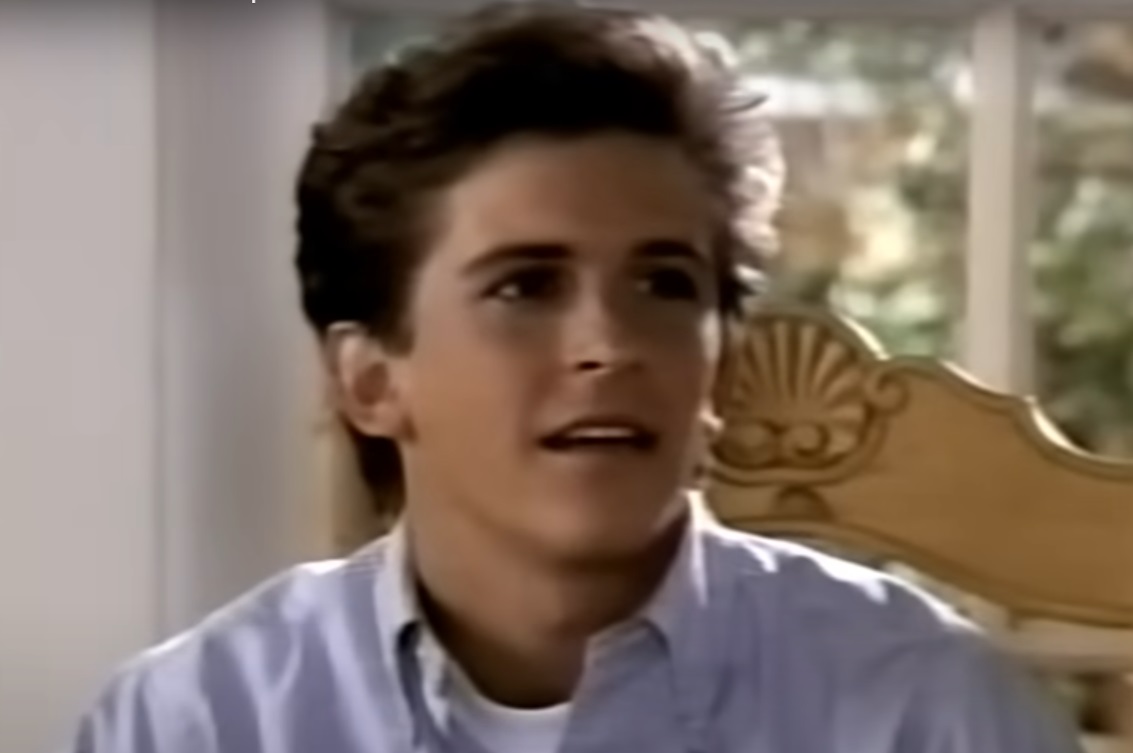 NBC, Ferris Bueller (1990-1991)
NBC, Ferris Bueller (1990-1991)
My Mother The Car
If you’re of a certain age, there are a lot of things you might have internalized from watching The Simpsons, only to realize those jokes were referencing real life. And for many of us, it was how we learned about the absurd existence of My Mother The Car. “The Simpsons Spin-Off Showcase” features a parody of that sitcom, where the ghost of Abe Simpson inhabits the Love Tester machine at Moe’s.
In My Mother The Car, Jerry Van Dyke buys a used car which is the vessel for the spirit of his deceased mother. In case that wasn’t clear from the title. The show ran on NBC for one season in the mid 1960s.
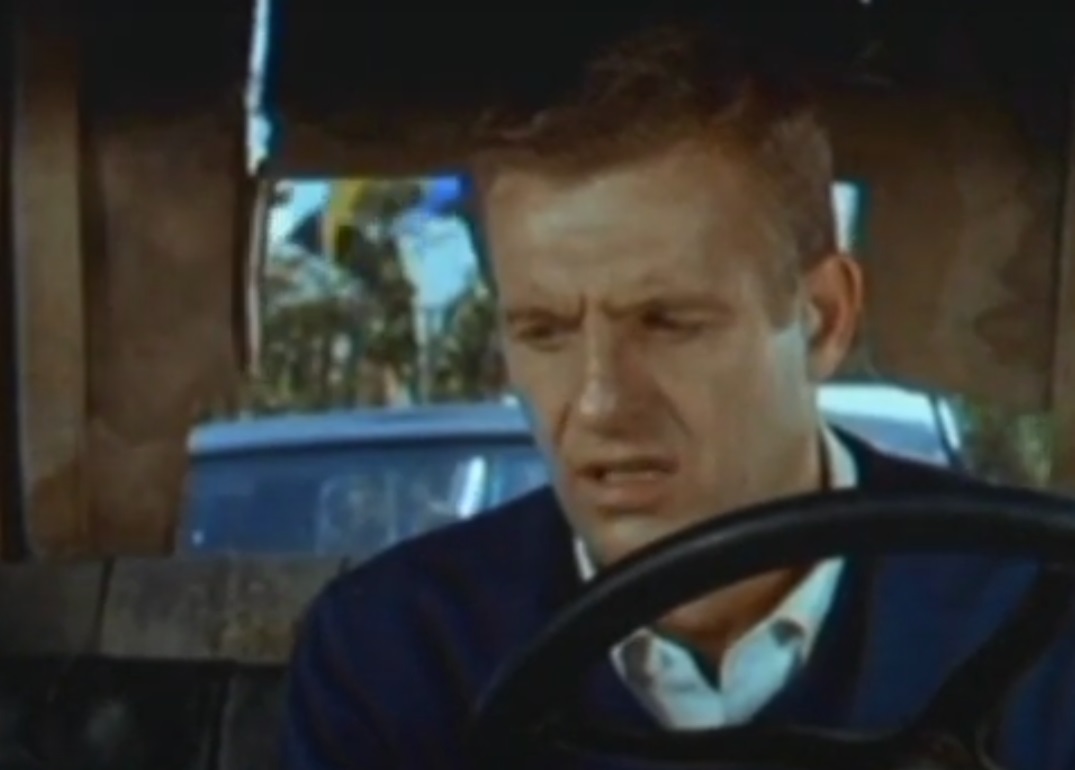 NBC, My Mother the Car (1965-1966)
NBC, My Mother the Car (1965-1966)
The Tortellis
Cheers is one of the most beloved sitcoms of all time, and launched another of the most beloved sitcoms, Frasier, as a spin-off. But before that show’s success, there was Cheers’ other spin-off, The Tortellis. The characters were familiar to fans—Carla’s ex-husband, the sleazy Nick Tortelli, played by Dan Hedaya, and his new wife, Loretta, played by Jean Kasem.
When these characters made their occasional appearances on Cheers, it was a delight. But left to their own devices…it wasn’t the same. They couldn’t carry the show on their own and it was canceled in 1987.
Work It
What kind of show gets canceled after only two episodes? Work It, that’s what kind of show. The 2012 ABC show is described as a “cross-dressing sitcom”. What exactly does that mean? Well, its plot centers around two men who must dress as women in order to “get ahead” during difficult financial times.
Yeah, the reception was so bad that it was nearly immediately yanked. And perhaps the most confusing part? It wasn't even the worst show on ABC that year.
Man Up!
Work It was a mid-season replacement that found its time slot in the wake of the cancellation of Man Up!, another ABC sitcom which was laden with stereotypes and clichés about so-called “tough guys” and masculinity. One critic for TV Guide even called it “An insult to all genders".

